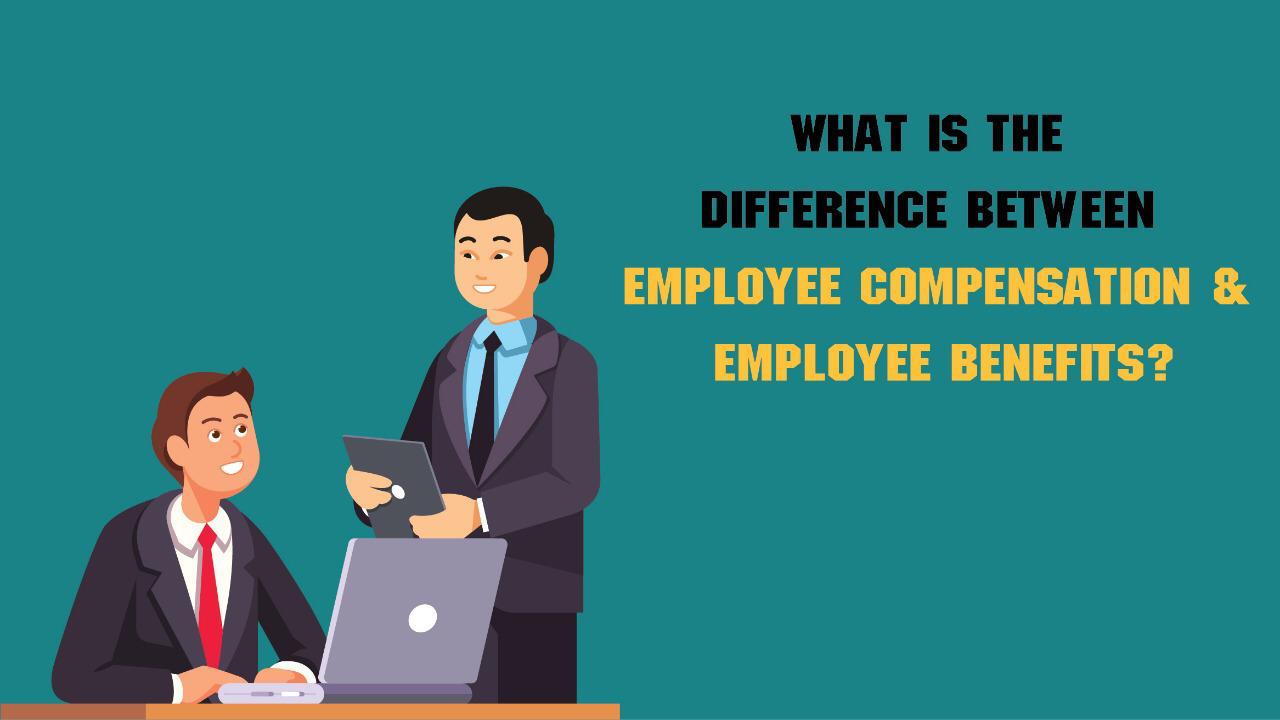
What’s on this page?
Compensation vs Benefits
Compensation refers to the monetary consideration an employer provides employees in return for their work and contributions to the organization. The pre-agreed-upon remuneration forms part of an employee’s total cost to the company (CTC).
Forms of Compensation
Employee compensation generally includes the basic pay or salary. However, it may also encompass various allowances, incentives, bonuses and other monetary payments.
Benefits as Non-Monetary Rewards
In contrast, employee benefits refer to additional non-monetary or partial cash reimbursements provided to employees on top of their basic compensation.
Common Benefits at Ethika Insurance Broking
Common benefits offered by Ethika Insurance Broking include health and life insurance, annual health checks, gym membership or fitness reimbursements, educational allowances, reward points and discount coupons for various brands.
Benefits of Fostering Wellness and Growth
While benefits like insurance help protect employee welfare, others aim to promote wellness and work-life balance. For instance, gym membership and educational allowances encourage employees to focus on their health and skills development outside work.
Key Differences Between Compensation and Benefits
A key difference is that benefits are usually partially or fully tax-exempt by tax laws. They are entitlements offered in addition to the pre-agreed compensation structure rather than being part of it.
Conclusion
Compensation and benefits are crucial components of Ethika Insurance Broking’s employee value proposition. Understanding the distinction between the two helps employees appreciate the complete rewards and make informed career decisions.